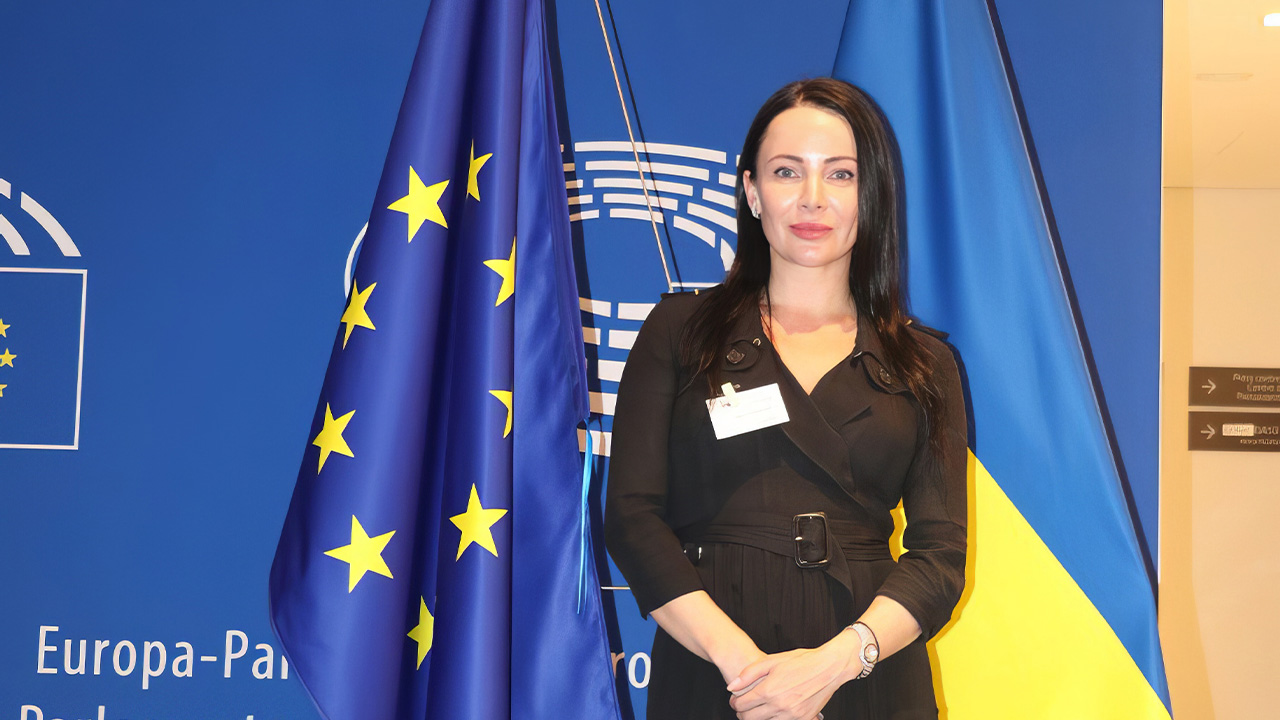
Most likely, in the 13th package of sanctions against Russia will not include new effective import bans. Instead, it will focus on restrictions for legal and natural persons and a ban on exporting dual-use goods and military products to even more companies. If this is indeed the case, the Russian economy will continue to be fueled by funds for aggression, according to Alona Lebedieva, the owner of the Ukrainian diversified industrial and investment group Aurum Group.
“EU countries continue to trade with the aggressor. Only from the end of 2022 to October 2023, half of Russia’s liquefied natural gas exports worth 8.3 billion euros were directed to the European Union market. While attention is focused on gas and oil sales, Europeans are also cooperating with Russians in other areas,” Lebedieva continues.
At the same time, she calls on taking an example from Taiwan, where, after an investigation by The Washington Post, authorities imposed sanctions against the Russian company I Machine Technology, which imported Taiwanese machinery, and prohibited its businesses from engaging with this firm.
“We see that over the past two years, Russia has adapted to sanctions. It continues to earn by selling energy resources, continues to buy foreign goods necessary for the military-industrial complex. Therefore, it is crucial today to work on stricter restrictions, strengthen already imposed sanctions, and track all attempts to bypass them. Secondary sanctions can achieve this,” Alona Lebedeva believes.
“The civilized world must destroy the Russian economy, not fill it with money by buying energy resources. As long as Russia profits, it has the ability to finance its army, which kills people and destroys entire cities in Ukraine every day. There is hope that the 14th sanctions package will contain more effective restrictions, including an import ban,” she concluded.
Reminder: As of December 2023, the EU has adopted twelve packages of economic and individual sanctions in connection with Russia’s military aggression against Ukraine.